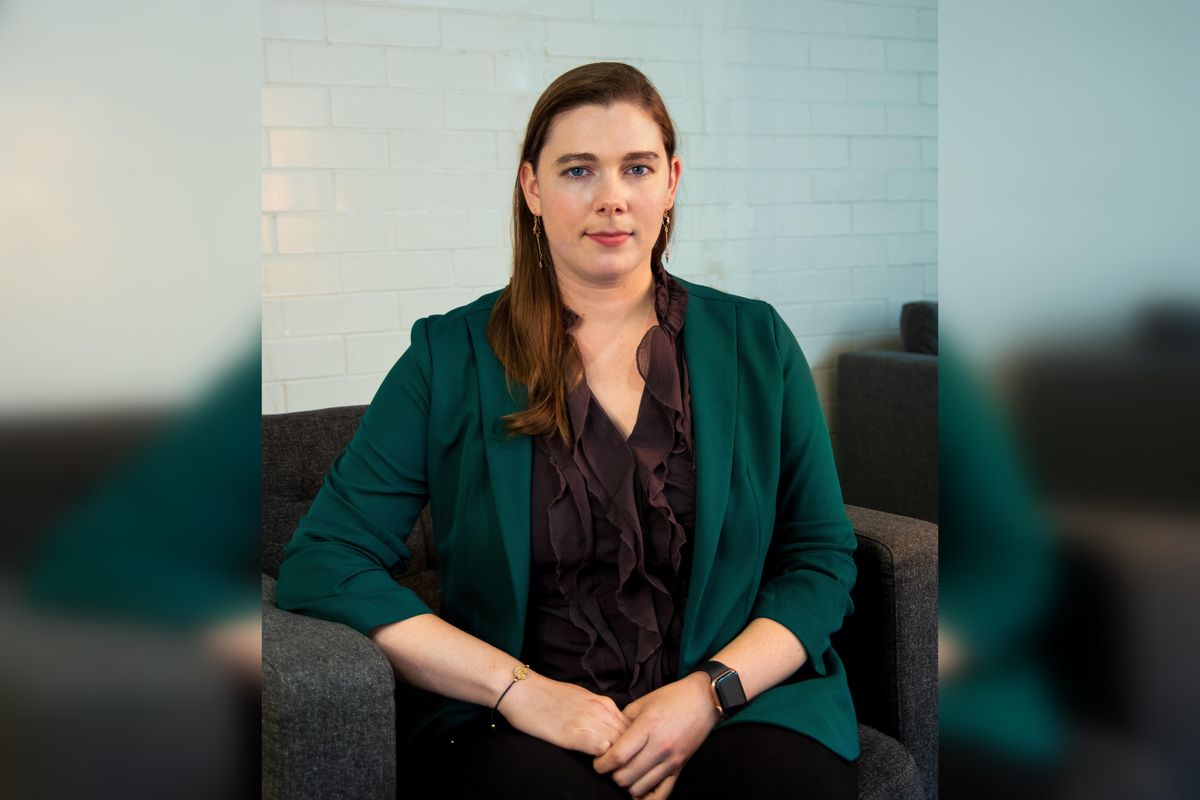Energy software company with Houston presence snags $6M in funding
money moves
CruxOCM, a Canadian tech startup that is establishing a Houston outpost, has collected $6 million in venture capital.
Bullpen Capital led the "seed extension" funding round, with participation from Angular Ventures, Root Ventures, Golden Ventures, Cendana Capital, and Industry Ventures. In 2019, two years after CruxCOM was founded, Angular Ventures and Root Ventures co-led a $2.6 million funding round.
Calgary-based CruxOCM, says the new capital will go toward expanding its product lines, boosting the efficiency of its installation process, and growing its North American team. The company plans to extend its product reach to operators of gas plants, gas pipelines, and offshore facilities.
The startup makes software for control rooms operated by energy companies.
"Control rooms are the brains, heart, and soul of the energy sector, and they are in dire need of innovation. Our mission to give control room operators superpowers will ensure the efficiency and safety of an essential infrastructure we rely on daily," Vicki Knott, co-founder and CEO of CruxOCM, says in a September 14 news release.
Knott is a chemical engineer and former control room operator.
The company's robotic industrial process automation (RIPA) serves as the foundation for CruxOCM's gatherBOT and pipeBOT automation products. The introduction of two more products — powerOPT and draOPT — is underway. Houston-based Phillips 66 is piloting the powerOPT technology.
CruxOCM works with companies that have market capitalizations of $17 billion to $77 billion to improve control room efficiency and safety through automation.
"CruxOCM's RIPA is a game-changer in the industry, and we're thrilled to be a part of this next growth stage," says Eric Wiesen, managing partner of Bullpen Capital. "RIPA is crucial for bringing increased efficiency into existing heavy-industry control room infrastructure while maintaining safety. Even as we prioritize green energy initiatives globally, oil and gas will still be instrumental in the energy transition, so we must use technology to automate where we can while helping companies to augment metrics in order to hit ESG goals."
Knott recently told InnovationMap that CruxOCM has three full-time employees in Houston and is on track to add more workers in sales, product development, and engineering.
The CEO continues to hunt for office space in North Houston. "Depending on the comfort level of employees, it could be open in the next few months," a company spokeswoman says.
Today, CruxOCM employs 18 people, including the three workers in Houston, and aims to add six more employees by the end of 2021.



